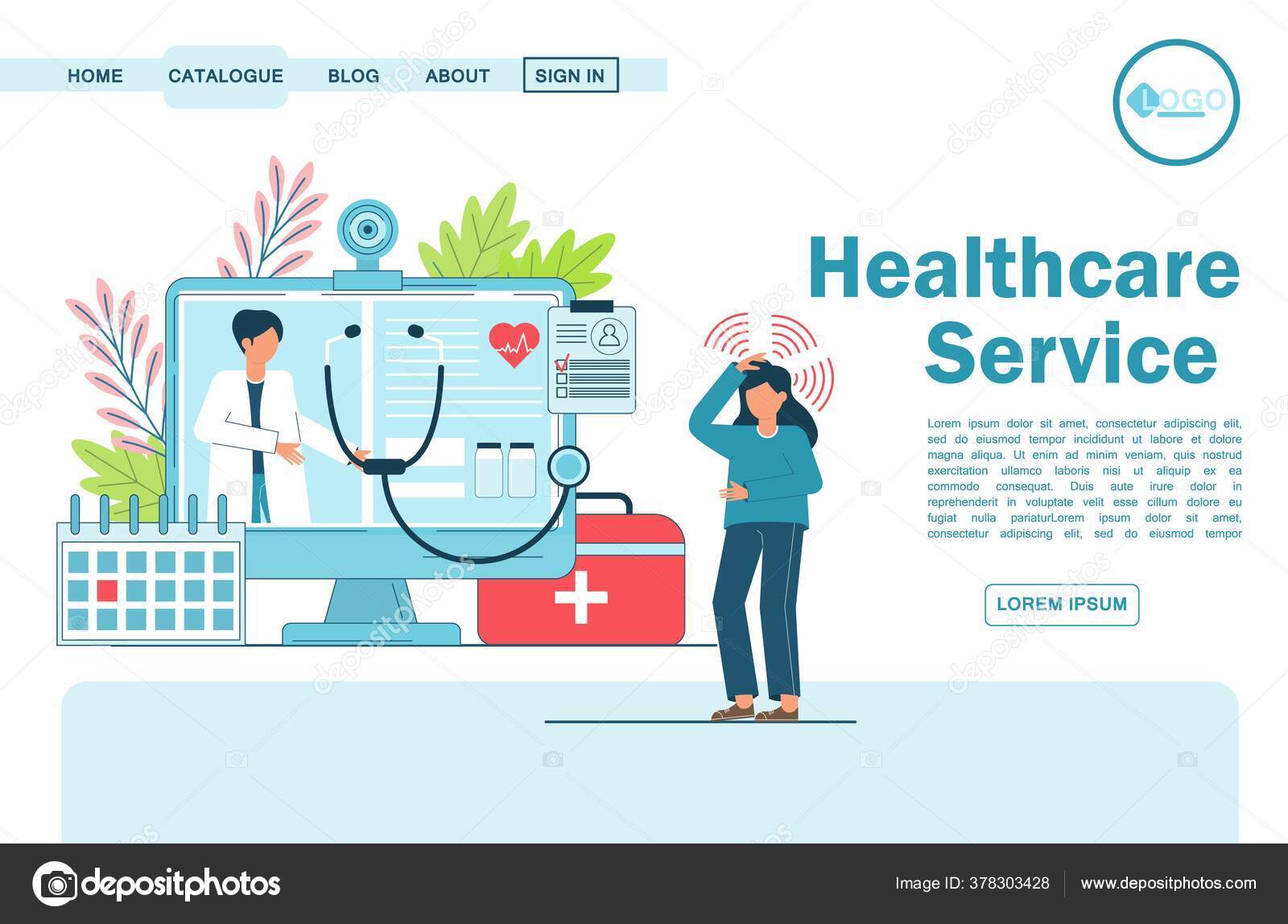The Impact of Subscription Based Healthcare on Traditional Medical Practices
The Impact of Subscription Based Healthcare on Traditional Medical Practices
Blog Article
The Rise of Subscription-Based Health Care and Its Effect On Client Care
As health care advances, the subscription-based version is acquiring traction, guaranteeing to reinvent individual treatment by supplying predictability and accessibility. These models, which bypass conventional insurance coverage, can redefine the patient-doctor dynamic, stressing preventive and personalized care. Yet, just like any development, they offer obstacles, specifically worrying fair gain access to for all socioeconomic groups. The potential for these versions to improve health care shipment raises pushing concerns regarding their long-term sustainability and inclusivity. Are these registration solutions the future of health care, or do they risk leaving vulnerable populaces behind? The details of this shift warrant a closer exam.
Understanding Membership Healthcare Designs
Grasping the idea of registration health care versions includes checking out a transformative method to clinical solutions that highlights price and accessibility. These designs, frequently described as direct health care (DPC) or attendant medicine, have arised as cutting-edge options to typical fee-for-service healthcare systems. Membership medical care allows clients to pay a set month-to-month or yearly fee for a defined set of medical solutions, which might include unlimited office sees, routine examinations, and standard laboratory examinations, without the need for standard insurance policy payment.
The structure of subscription health care designs is made to simplify patient care by eliminating third-party payers and complex invoicing codes, therefore minimizing management problems. Doctor can focus more on client care, fostering stronger patient-provider relationships. This version additionally advertises preventative treatment by motivating routine check outs, as the monetary challenge of per-visit charges is removed.
The subscription model often empowers medical care carriers to take care of smaller sized individual panels, enabling for more personalized treatment. It aligns financial incentives with person wellness results, as companies are inspired to maintain individual contentment and wellness. In general, understanding registration medical care designs requires identifying their prospective to improve exactly how care is supplied and accessed.
Advantages for Patients and Providers

With a constant income stream, medical care experts can dedicate more time to each person, leading to a much more personalized and detailed treatment experience. The focus on precautionary treatment within subscription strategies can lead to better individual outcomes and minimized long-term healthcare prices.
Concerns and difficulties
While subscription-based healthcare designs existing numerous benefits, they likewise feature a set of difficulties and problems that must be attended to. Access continues to be a considerable concern, as these versions frequently target individuals index who can pay for month-to-month costs, possibly leaving out low-income populaces. This elevates moral inquiries concerning fair accessibility to medical care solutions. Furthermore, the different nature of membership strategies can cause complication amongst individuals pertaining to insurance coverage specifics, possibly leading to unmet expectations or inadequate care.
Financial sustainability of subscription-based versions is one more issue. Service providers must stabilize the set earnings from subscriptions with the variable costs of healthcare solutions, which might vary due to unforeseen clinical requirements. This can create stress to limit solutions or boost fees, possibly affecting patient satisfaction and care top quality.
Moreover, governing oversight of read this article subscription-based medical care models is still developing. Attending to these obstacles is crucial for the equitable and successful implementation of subscription-based healthcare.
Effect on Patient-Doctor Relationships
One considerable effect of subscription-based health care designs on patient-doctor partnerships is the possibility for boosted connection and individualized treatment. By embracing a membership design, medical professionals can take care of a smaller sized individual panel, permitting for even more specialized time with each person. This boosted accessibility promotes a deeper understanding of an individual's clinical history, way of living, and choices, allowing a lot more tailored treatment plans and treatments.

Nevertheless, it is essential to recognize that while subscription-based versions may profit those who can manage them, they might inadvertently expand health care disparities. People who are unable to get involved in these models might experience lower access to individualized care, possibly impacting their partnerships with doctor. Hence, while the subscription design offers encouraging advantages for patient-doctor connections, it additionally positions obstacles that need to be resolved to ensure fair medical care access.
Future of Medical Care Accessibility

The duty of technology can not be neglected in this change. Telemedicine platforms and electronic health records facilitate smooth interaction in between people and medical care carriers, damaging down logistical and geographical obstacles. In addition, improvements in expert system and data analytics can further personalize clinical treatment by anticipating client needs and maximizing therapy strategies.
However, the future of healthcare gain access to also presents challenges, such as ensuring equity throughout different socio-economic groups. Policymakers and medical care carriers need to work together to bridge the electronic divide, making sure that subscription-based designs continue to be budget friendly and comprehensive. As these systems mature, they hold the assurance of making health care more obtainable, effective, and patient-centric.
Verdict
Subscription-based medical care versions are improving patient care by offering a steady expense framework and improving availability. The surge of subscription-based medical care urges aggressive person involvement, which has the i was reading this possible to boost individual end results and contentment, signifying a transformative change in health care delivery.
As healthcare evolves, the subscription-based model is gaining grip, assuring to reinvent individual care by offering predictability and accessibility.Subscription-based medical care versions use unique advantages for both patients and providers, boosting the general healthcare experience.As medical care systems progress, the future of healthcare accessibility often hinges on the integration of cutting-edge designs and technologies.Subscription-based medical care designs are improving individual care by supplying a stable price structure and boosting access. The rise of subscription-based medical care motivates aggressive individual engagement, which has the prospective to improve individual outcomes and contentment, signaling a transformative change in healthcare shipment.
Report this page